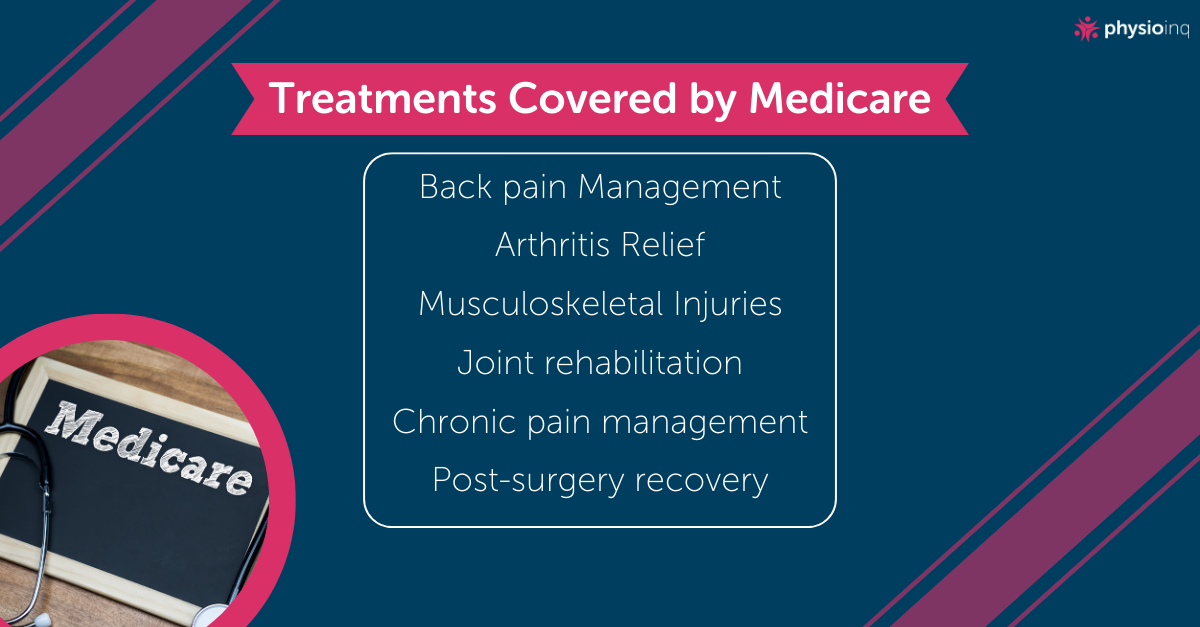Your Guide to Medicare and Physiotherapy: FAQs
Thursday, December 12, 2024
As a physiotherapist, one of the most common things I hear from patients is confusion about how Medicare works when it comes to physiotherapy. If you’re wondering whether you can access physiotherapy services through Medicare, or how to get started, you’re not alone. Many people have questions about how Medicare can help them access physiotherapy treatments. In this blog, I’ll answer the most frequently asked questions and explain how you can make the most of your Medicare benefits when it comes to physiotherapy.
1. How does Medicare Cover Physiotherapy?
Medicare is Australia’s public health insurance system, designed to help make healthcare more accessible and affordable. Under Medicare, you can get some physiotherapy services covered if you meet certain criteria. The main way Medicare helps with physiotherapy is through the Enhanced Primary Care (EPC) program, which covers physiotherapy sessions for people with chronic conditions. So, if you have a long-term condition like arthritis or chronic back pain, Medicare can help fund up to 5 physiotherapy sessions per year, potentially saving you money.2. Who Can Access Medicare-Funded Physiotherapy?
To access physiotherapy through Medicare, you need to have a chronic condition and get a referral from your GP. Your GP will assess your health and, if physiotherapy is appropriate, will refer you for treatment. Conditions like arthritis, back pain, musculoskeletal injuries, and chronic pain are all common reasons people get a Medicare referral. If you’re eligible, you can access up to 5 sessions per year, subsidised by Medicare.3. How Much Does Physiotherapy Cost Under Medicare?
If you're eligible for Medicare-funded physiotherapy through the EPC program, there is a chance that your sessions can be bulk-billed, meaning no out-of-pocket costs for you if you meet the following criteria: The client must hold a valid concession card such as a Health Care Card or Pensioner Concession Card. If you don't have a concession card, you may need to pay a heavily subsidised fee for your physiotherapy sessions.4. What Types of Physiotherapy Treatments Are Covered by Medicare?
Medicare can help cover a wide range of physiotherapy treatments for chronic conditions, including: • Back pain management
• Arthritis relief
• Musculoskeletal injuries
• Joint rehabilitation
• Chronic pain management
• Post-surgery recovery
Our physiotherapists will work with you to develop a personalised treatment plan to help address your specific needs.

5. What Should I Bring to My Physiotherapy Appointment if I Have a Medicare Referral?
When you come in for your first appointment, make sure to bring your Medicare card, the referral from your GP, and a concession card (if you hold one).
6. Can I Get Physiotherapy for Multiple Conditions Under Medicare?
Yes! If you have more than one chronic condition, your GP can refer you for physiotherapy treatment for each of them. For example, if you suffer from both arthritis and chronic low back pain, you could potentially access treatment for both conditions through Medicare. Our Physiotherapists are skilled at providing personalised advice and treatment for each of your chronic conditions.
7. How Often Can I Access Physiotherapy Through Medicare?
Medicare covers up to 5 physiotherapy sessions per year under the EPC program. If you require more sessions to help with your chronic condition, our clinic offers a subsidy to our private fees, for clients with concession cards. We always recommend completing your rehabilitation, treatment now will save you your time, energy and function, down the road!

